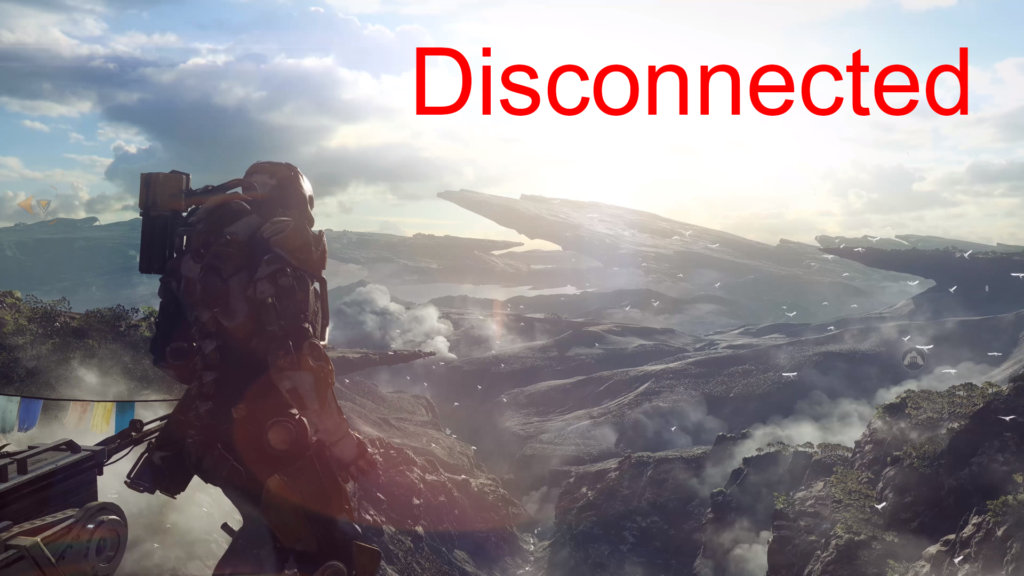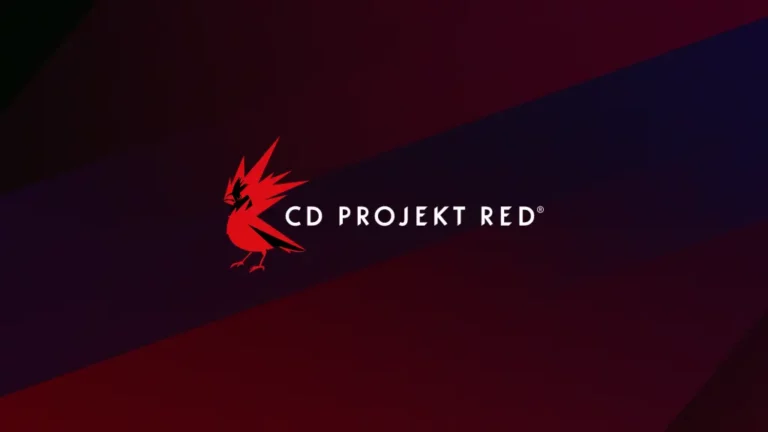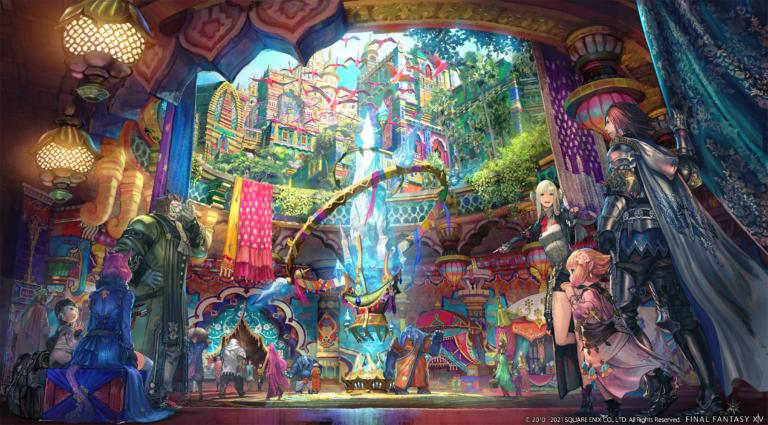Anthem’s constant downtime, glitches, errors and bugs showcase the issues that modern video game companies have. Leadership, a term that I will use to include investors, stakeholders and big decision makers are disconnected from reality and continue, year after year, to repeat the same errors like:
- Releasing a game early.
- Having a process in place to test a game to determine if it would be released early.
- Having the strength to say no, we will hold off releasing and fixing the bugs.
- Not listening to their staff when they say the game isn’t ready yet.
Anthem’s terrible launch has dragged BioWare’s name through the mud day after day since the free open beta test where this behavior was so rampant that no one talked about being a cool Iron Man, they talked about how they got disconnected or couldn’t load or couldn’t see their menus or their game crashed to desktop or or or…
Seriously? How many games have failed due to releasing early? How many have failed because the developers were tone deaf to feedback or didn’t have the backing of leadership to be brave and redesign broken mechanics or stabilization polish?
To be clear, with Anthem specifically, I’m referring to the launch issues around stability – not if it’s a good or bad game.
Let’s talk a look at five other massive trainwrecks, then return to Anthem:
5. No Man’s Sky… was boring and over-promised at launch.
This game was boring to me when it launched. To everyone else, I think it was just off the mark. You walked around lonely planets working to do basically nothing as you explore a bleak and soulless universe of the same slightly modified planets with some new flavor of zany local flora that all merges into one game of why am I playing?
Oh and promising multiplayer but not having it was a huge disappointment. It has it now, but back then it was… just off-putting. No Many’s Sky is still referenced by YouTube video bloggers when they make jokes about bad game launches.
4. SimCity (the new one)… was glitchy, required online play for what could have been a single player game and boring.
Oh man, Paradox Interactive won a great battle that no one expected to exist by releasing what was supposed to be SimCity… but actually the SimCity people wanted. SimCity launched with a flavorless game lacking any agency to do anything. Roads automatically built themselves as you expanded your city over and over, doing the same few tasks again and again with no flair.
3. Final Fantasy 14… was originally bad, but now it’s good.
The original FFXIV was bad. Very bad. So bad that you probably forgot that the FFXIV we play right now is something similar to the second attempt, where the first set of heroes failed and you’re now playing the next attempt or something. Best we just forget about that, since FFXIV relaunched under Yoshi-P and everything was made right.
2. Assassin’s Creed: Unity… was so buggy and glitchy.
The game was full of glitches, in a AAA main series by Ubisoft. It soured everyone on the series for a long time, had Ubisoft’s name dragged through the dirt and images of NPCs missing their jaws were a punchline for the longest time. It was eventually patched up, but paying $59.99 to play day one with jawless NPC #9458 isn’t the best experience.
Ubisoft rebounded with Assassin’s Creed: Odyssey and Assassin’s Creed: Origins, both launching a “newish” story and lacking the whole textures randomly disappearing thing.
1. Vanguard: Saga of Heroes… was incomplete, buggy, hard to run on most PCs, crashed a ton, over-promised and just bad.
Oh man, this ruined so many good things that we could have had in this world. I was never into Vanguard, but it was billed as like, the next best thing to sliced bread. The Internet was excited and waiting for this MMO. The true WoW killer before WoW was that big. Back when it launched, I didn’t know of many gamers who weren’t super excited for the game.
It launched way too early after being kicked around studio to studio. Between the studio switches and Sony releasing it way too early, it lost all of its launch momentum and eventually shut down even after patches brought it back to a “playable” standard.
Honorable mentions to heroes like World of Warcraft, which had a terrible launch due to the massive interest for the game and Blizzard not knowing what that was going to be like. Diablo III gets an honorable mention, servers were unstable and the game wasn’t Diablo 2.
More recent games like Fallout 76 launched to not only bad bugs, but bad game design. Glitching, duping and more was (or is depending on what patch we have today) rampant along with reports of people getting IP addresses of other players. Not to mention a game that, while fun to mess around in, was mostly aimless and asked players to walk around and find something to do in a world that felt just lonely.
So what do all of these games have in common? They launched with bugs and/or server instability issues. This meant that the developers launched a broken game. Launching a broken game is going to nearly guarantee long term failure unless your failure is localized and easily fixable. For Anthem, the ongoing bugs that have plagued it since the beta are doing nothing but causing eager fans to become bitter haters on an ever increasingly toxic internet.
Why are games released early? Leadership demands it – either they promised a date and they’re going to hit it or for whatever reason, the people who drive the ship say “launch” and they launch – when the reality is that the extra time cooking (aka profits lost) would generate much more total net revenue from a successful game.
It’s wild and I don’t understand it. Back in 2010, it sort of made sense. This is a brand new world that wasn’t overly mature. The market was testing everything to see what it can do and get away with and what people wanted. Wild ideas were being tried left and right and it sort of made sense that games would launch broken sometimes.
This is 2019 though and the strides in technology have been massive along with expectations. Enough games have launched flawlessly that this isn’t going to be tolerated? So why ruin the hard work people put into a game by forcing it out the door when it’s not ready?
The answer, to why, is always money – but even then enough proof exists to show that holding back is always going to work out for the better. Not promising hard launch dates and leveraging vague quarters gives you wiggle room. Not launching pre-orders too early might not get you that instant money, but it will eventually.







Comments are closed.